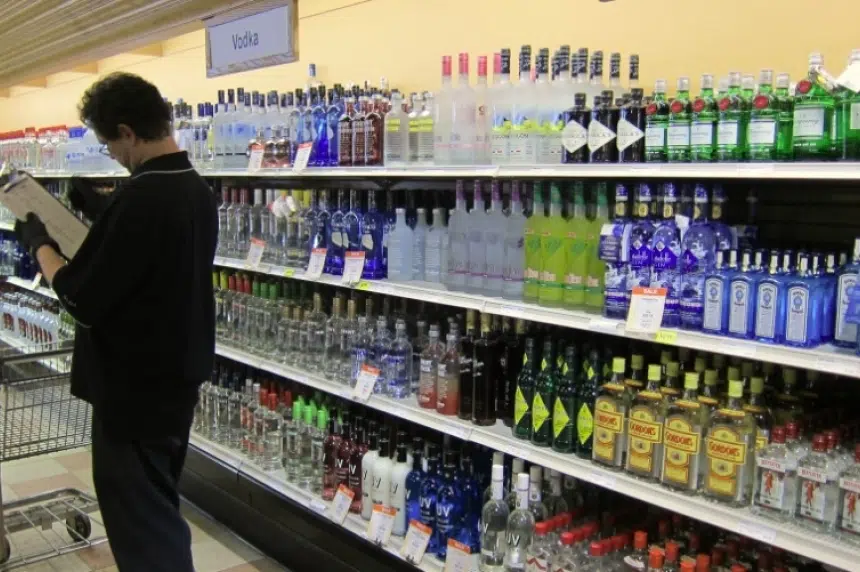Workers are getting an extra hard time for just doing their jobs, to the point where it’s being called abuse.
Over the weekend, an incident involving what turned out to be a pellet gun raised concerns about belligerent customers being refused entry to local establishments due to the new vaccine passport requirements that came into effect on Oct. 1.
Both the Saskatchewan Government and General Employees’ Union (SGEU) and the Saskatchewan Federation of Labour (SFL) said they’ve heard reports of verbal and physical harassment directed towards business staff in the province.
SFL president Lori Johb said she has heard of health-care workers being “accosted” while wearing their uniforms out in public.
“That has got to stop,” she said. “This is Saskatchewan. Come on, that really shouldn’t be an issue.”
SGEU president Tracey Sauer says the chair of the regulatory bargaining unit who represents workers with the Saskatchewan Liquor and Gaming Authority (SLGA) has reported that women have been subjected to the most mistreatment.
Derogatory language and other behaviour directed towards female employees has sometimes required male co-workers to step in.
Johb has also heard this.
“Unfortunately, so much of this violence and abuse is directed at women and that just goes to show that we really do have a long way to go to make sure that people understand that that’s not OK,” she said.
“There’s no consistency across the board … Some businesses didn’t even know that they were included.”
Businesses with the SLGA were among those who only received two days notice that they would, too, need to require proof of vaccination from customers for entry. The SLGA also has been the area that has experienced the most problems since Friday, according to Sauer.
For the SLGA, whose businesses were mostly considered essential at the beginning of the pandemic, it was surprising to hear they’d need to require proof of vaccination for entry.
“It doesn’t give a lot of opportunity to … be prepared to do this,” she said.
The SGEU president thinks the lack of communication about these expectations might be part of the reason behind some of the abuse staff is experiencing.
Both Johb and Sauer expressed the need for clearer mandates on businesses and establishments in the province. Johb also wants to see more efforts to provide vaccine education from the government.
“It’s not being done clearly enough,” John explained. “People need to know what’s coming and people need to understand that it’s going to be enforced.”
How can businesses protect their employees?
Johb has a few ideas about how to keep workers safe in the province while residents adjust to proof of vaccination.
Putting large signage around businesses and establishments, for one, that communicates a zero-tolerance policy for violence or harassment against staff to patrons.
Sauer would like to see curbside pickup available as an option in businesses selling alcohol that require proof of vaccination, to accommodate people who may need their services on a different level.
“It was recognized (at the beginning of the pandemic) that we must remain open. Now we’re only guessing,” she said.
Occupational Health and Safety laws put the responsibility for workers safety on the shoulders of employers, Johb noted. She said more needs to be done by businesses themselves to protect their staff, like hiring additional security at bars.
“There is a certain amount of responsibility there,” she said.
If businesses are concerned about added costs due to these safety measures, this is where she believes establishments should reach out to the government for help.
Johb encouraged workers and employers to contact Occupational Health and Safety for help to make sure they can provide a safe and healthy workplace for their employees. Likewise, Sauer wants workers to know they can reach out to SGEU for support during this time regarding any concerns they may have.







